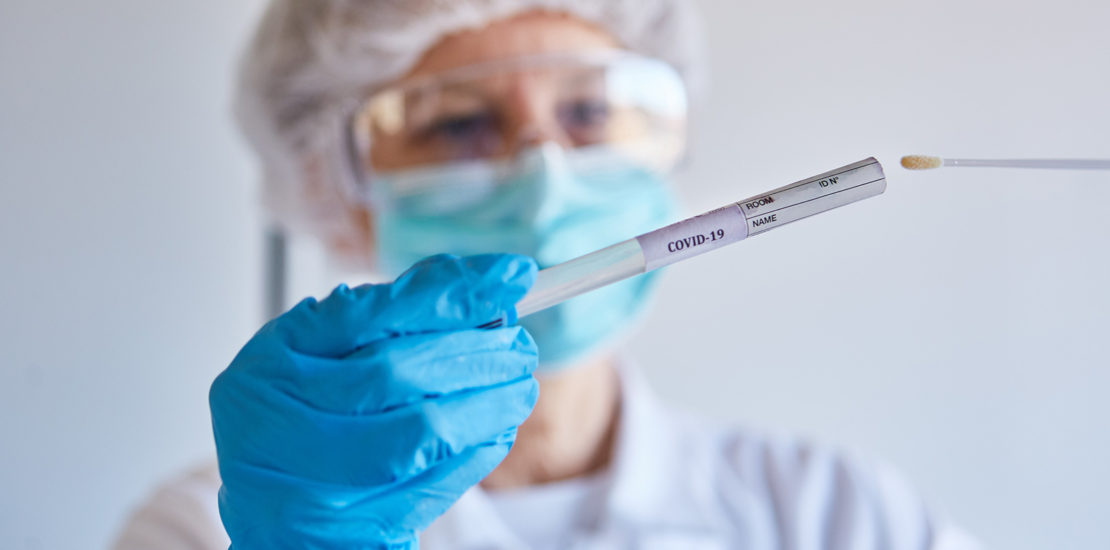
- April 20, 2020
- Posted by: KBCF
- Category: COVID-19 Support
Dr. Eduardo Sanchez, American Heart Association Chief Medical Officer for Prevention, discusses the importance of testing during the COVID-19 pandemic.
Dr. Sanchez writes:
When a communicable disease outbreak begins, the ideal response is for public health officials to begin testing for it early.
That leads to quick identification of cases, quick treatment for those people and immediate isolation to prevent spread. Early testing also helps to identify anyone who came into contact with infected people so they too can be quickly treated.
While we are obviously not in that ideal situation with COVID-19, testing remains critical.
It’s crucial of course to help treat, isolate or hospitalize people who are infected. Testing also is important in the bigger public health picture on mitigation efforts, helping investigators characterize the prevalence, spread and contagiousness of the disease.
In comparison to China and South Korea, testing in the United States appears to have been insufficient for optimal early containment. And now we’re seeing a rapid rise in hospitalizations that is overwhelming public health systems and clinical care systems.
These systems, lacking vital equipment to test and provide timely results and staff to address “positives,” are now bracing for more and more critically ill patients in the coming days and weeks.
A big part of the problem is the inability to conduct “contact investigations.” These investigations involve figuring out everyone an infected person may have been in contact with. This requires a lot of time and labor – two resources that just aren’t available in a strained system. It’s easy to see how quickly cases can spread without information from contact investigations.
Another important kind of test is one that determines if a person has already had COVID-19. When a person is infected with a novel virus such as SARS-CoV-2 (the scientific name for this specific coronavirus), the person’s immune system has never “seen” that virus before. As the virus reproduces, it causes manifestations of disease – fever, cough and so on – and triggers an immune response.
Continue reading at the American Heart Foundation here.
